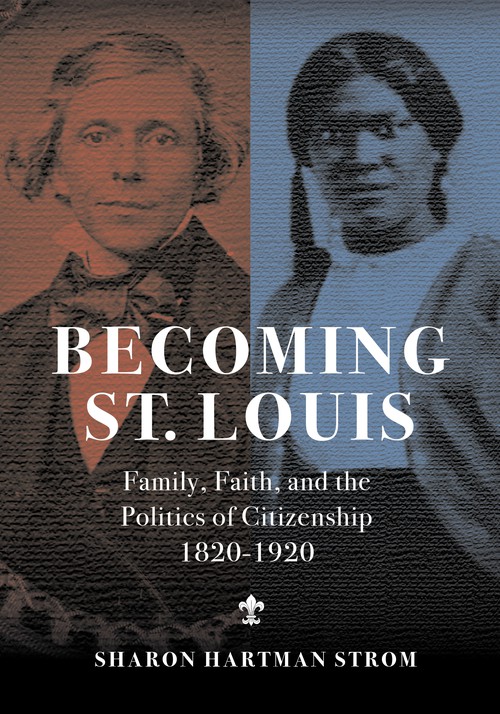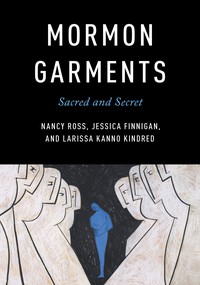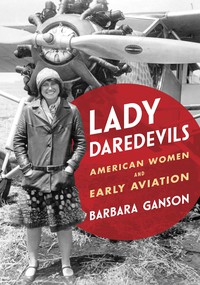
Becoming St. Louis
Family, Faith, and the Politics of Citizenship, 1820-1920
Women, African Americans, and the evolution of an American city
Cloth – $110
978-0-252-04674-2
Paper – $28
978-0-252-08884-1
eBook – $19.95
978-0-252-04827-2
Publication Date
Paperback: 11/25/2025
Cloth: 11/25/2025
Cloth: 11/25/2025
About the Book
St. Louis was the pivot of the free states and slave states and the border of the settled East and frontier West. Sharon Hartman Strom draws on disparate and previously untapped sources to weave the personal and public lives of women and both free and enslaved African Americans into city history.Strom’s analysis shows how the embrace of Protestantism by people of color sparked a vigorous antislavery movement. During the Civil War, several prominent citizens served in the Lincoln cabinet and Congress while Missouri’s decision to remain in the Union allowed the city to find its own ways to end slavery and grant citizenship to African Americans. Years later, biracial movements to advance equality collapsed when the East St. Louis race riot of 1917 affirmed that racist attitudes and structures still dominated the region.
Illuminating and nuanced, Becoming St. Louis offers a diverse social and political history of the city during a transformative era.
About the Author
Sharon Hartman Strom is an emerita professor in the History and Women’s and Gender Studies Department at the University of Rhode Island. Her books include Fortune, Fame, and Desire: Promoting the Self in the Long Nineteenth Century.Reviews
“With compelling details revealing the interplay of local and national interests and identities, Sharon Hartman Strom tells the story of St. Louis and the nation over the long nineteenth century. She does so by focusing on the private and public experiences and intersections of a cast of white and Black families, women’s roles in private and public life, the ambitions and investments of Blacks and whites in St. Louis’s growth, the effects of public issues on religious interests and engagement, and more. A fresh and welcome perspective and approach.”—Randall M. Miller, coauthor of The Northern Home Front during the Civil War
















